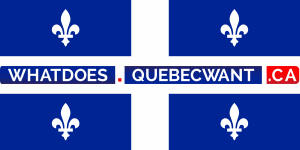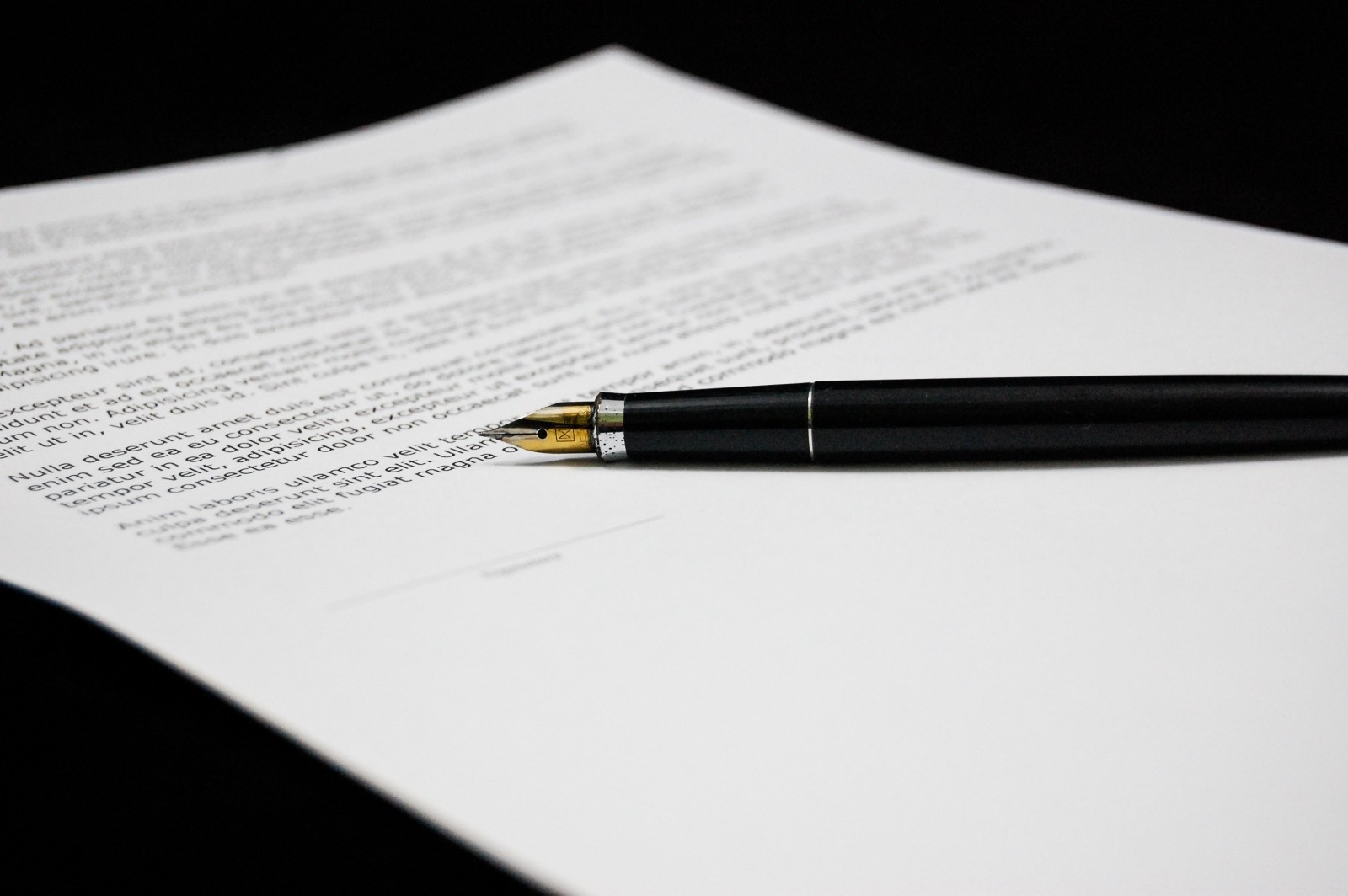September 20, 2016 3 min to read
The reasons for the failure of the lake Meech accord and its consequences
Category : History, Politics
As I said in another article, the best answer to “What does Québec want?” is “The Lake Meech Accord”.
That article explains the main changes to the constitution included in the accord.
The 11 prime minister of Canada met at the Willson House on Meech Lake on April 30th 1987 to discuss how to get Québec to sign the 1982 constitution. The Prime Minister of Canada was Brian Mulroney of the Conservative Party.
Québec arrived with the first 4 requests and a half, and the senate reform was added at the conference (the other half of the fifth change).
Here is the important thing to remember for the rest of this article, and hopefully, for the rest of your life:
The Meech lake accord was approved by all of the prime ministers of Canada
Furthermore, the Canadian public at large was in agreement with the accord, and the other 2 main federal political parties also approved of the accord: Both John Turner of the Liberals and Ed Broadbent approved it.
Nine of the provinces were fully in agreement with the accord and didn’t need a debate. Only Québec had a full debate to make sure there was a consensus between the Federalist Liberal party of Robert Bourassa and the Separatist Parti Québécois.
The original main opponent was Pierre-Elliot Trudeau, the same guy who was the architect of the 1982 constitution. The same person who was responsible for the constitutional crisis the Meech Lake Accord was trying to fix! Furthermore, the main problem for Trudeau was a clash of visions: He believed all of his life in a federation with a strong central government while the Meech Lake Accord was more in line with the confederation Québec always wanted.
This causes a little political fighting, but nevertheless, the final agreement was written in Ottawa on June 2nd, 1987 , giving the provinces 3 years to approve the accord unanimously, or until June 23rd. 1990.
7 of the provinces signed the agreement during those 3 years, leaving only 2 to sign:
- Manitoba
- New-Brunswick
In the last year, Newfoundland cancelled their signature, leaving three provinces to sign.
Why did Newfoundland back out? Because the province elected new Prime-Minister Clyde Wells who wanted a senate composed of an equal number of Senators for each of the provinces, a subject not even directly touched by the accord!
Thanks to his lobbying against Québec (and Ontario), Clyde Wells managed to turn the public opinion against the Meech Lake Accord, especially from people from the 8 smaller provinces whom together, they controlled less than 50% of the House of Common!
Brian Mulroney, still Prime Minister, called for a last minute meeting to get all of the remaining provinces to sign.
Frank McKenna, Prime Minister of New-Brunswick got his province to ratify the Accord while Newfoundland decided to schedule a free vote (with not party lines) in their assembly.
Things were looking up as Manitoba was getting ready to ratify the accord on June 20th, but it was soon realized that Manitoba would require a public hearing and as such, needed unanimous support of the full assembly to vote quickly on the accord.
A single MLA, Elijah Harper, refused to give his accord on the basis that as a First Nation member, the accord didn’t fix anything for the first nations.
Still, if Newfoundland just ratified the accord, Brian Mulroney would ask the Supreme Court for an extension, possibly saving the accord!
This is where Clyde Wells decided that the pressure from the Federal Government was too much and the accord failed.
Consequences
There were several direct consequences:
- In Québec, a law was passed prohibiting the Prime Minister of Québec from once again negotiating with all of the provinces. From that point on, all constitutional negotiations would be between Québec and the Canadian government.
- Nationalism in Québec grew to unprecedented size
- A few Quebec MPs of the Conservative party left the party and formed the Bloc Québécois, a federal party in favor of separation of Québec
- Hatred for Newfoundland rose in Québec to new heights since the Labrador-Québec frontier decision
- Isolation of Québec rose as the rest of the Canada began to lose patience with Québec
To make matter worse, the main reason Clyde Wells rejected the Lake Meech accord, a Triple-E Senate ( Equal, Elected and Effective) is still not even on the horizon 26 years later!

